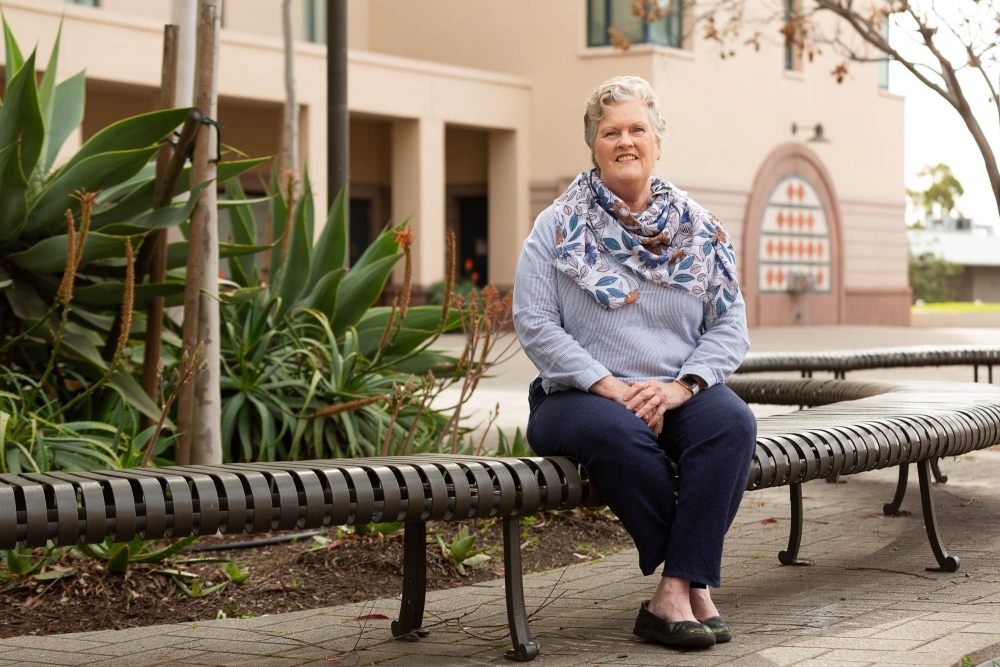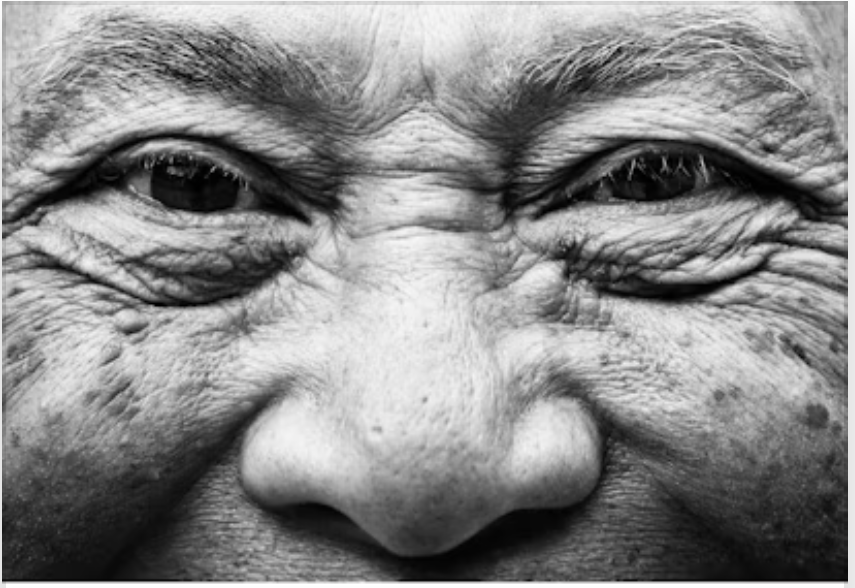
While issues of inequality and racism have always plagued healthcare and criminal justice in the U.S., the ongoing pandemic and escalating racial unrest over the past three years have laid bare just how strained these systems have become.
It’s in part under this premise that UC Santa Barbara has launched a three-year project to create a pair of new minors — health humanities and legal humanities — in the College of Letters & Science. The effort recently received funding support from the National Endowment for the Humanities (NEH).
“The funding allows us to develop course themes, syllabi and learning objectives that reflect the latest research on diversity, inclusion and belonging in the classroom,” said the project’s director, Kathleen Moore, a professor of religious studies and associate dean of the Humanities and Fine Arts Division. “It accelerates the process of integrating humanities with the life sciences and social sciences for pre-health and pre-law students.”
The $150,000 award was part of $28 million in NEH funding granted to more than 200 projects nationwide.
“We are so thrilled to have received this grant from the NEH,” said Dr. Daina Ramey Berry, UCSB’s Michael Douglas Dean of Humanities and Fine Arts. “We are especially grateful to professor Moore for shepherding the project so expertly. We look forward to the successful development of these minors, which will provide a critical link between the work we do as humanities scholars and the legal and medical fields, ultimately helping our students enter highly specialized professional environments with greater empathy, understanding and historical context.”
In addition to the new minors, the project will also include curriculum workshops to develop teaching strategies and a speaker series to engage faculty and students with health- and justice-related topics.
“The goal is to ensure that the many health sciences and pre-law students at UCSB will learn to use humanistic methods to better understand the ethical, historical and cultural implications of their chosen fields,” according to the grant proposal. “There is a long-established student interest in disrupting the widespread effects that racism and classism have on healthcare and criminal justice.”
The health humanities minor will offer two tracks — disability and medical.
For the disability emphasis, for example, a class in comparative literature could look at diverse interpretations of the human body and how it is represented “outside the purview of the physician,” Moore said.
Already, a handful of new courses have been approved for the minor, including “Introduction to Disabilities,” “Disability in the Humanities” and “Disability and Literature.” Moore added that at least one existing course, “Queer China, Crip China,” will likely be included.
On the medical track, students can expect critical studies of healthcare delivery, such as the existing course, “Italy in the Age of the Coronavirus,” and broader syllabi offered by “History of Chinese Medicine,” “Sex, Drugs, and Meditation” and “Religion and Healing in Global Perspective.”
“We will have students interested in going to medical school or studying nursing or biomedical ethics that will be able to take these classes to get a minor and satisfy general education requirements at the same time,” Moore said, adding that emerging data shows that training in humanities can not only improve patient care, but also nudge learners to experience alternative ways of knowing.
The effort to create a legal humanities minor began in 2018 but was delayed during the pandemic, Moore said. The need for the minor has persisted since 2010, when UCSB discontinued an undergraduate degree in law and society.
Already, UCSB offers a number of classes that could apply, including “Introduction to Legal Humanities,” “American Legal & Constitutional History,” “Race and Law in Early American History” and “Philosophy of Law,” among others.
“All these courses have just been doing their own thing,” Moore said. “The idea is to bring them together to form a minor — to create an intellectual space for cross fertilization and to connect these classes that students are eager to take.”
The minors may be open for enrollment by fall quarter of 2024.

Kathleen Moore
Kathleen Moore is a professor in the Department of Religious Studies, associate dean of Humanities and Fine Arts and director of the Legal Humanities Initiative. Her areas of expertise include Islamic studies, law and religion, religious liberty and religious othering.
(805) 893-3207



